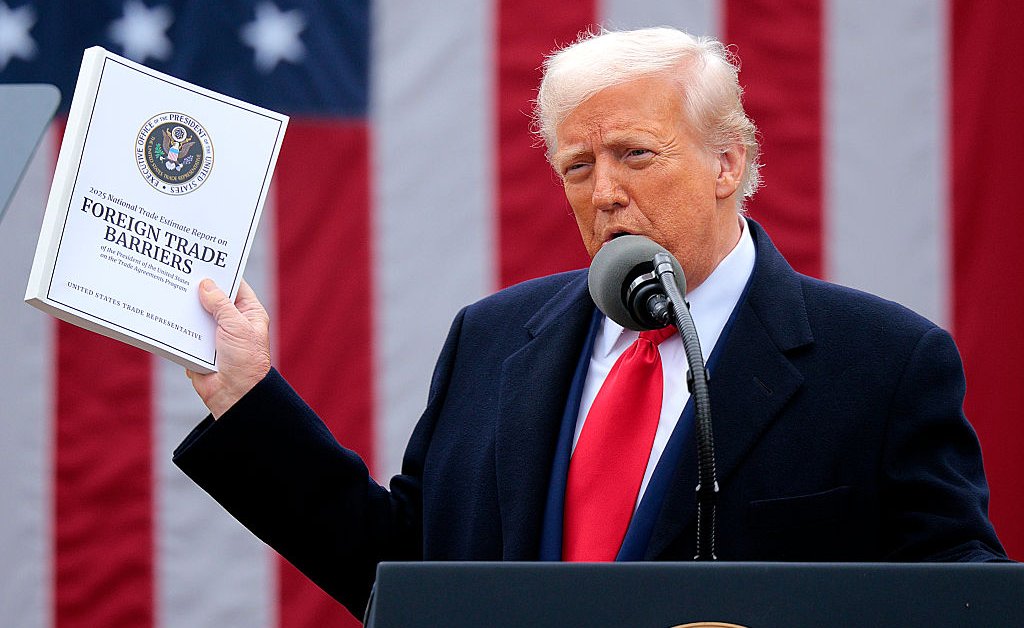Tariff Tsunami: How Trump's Trade War Could Cripple American Healthcare

The Hidden Healthcare Crisis: How Trump's Tariffs Could Cripple American Medical Services
In a potentially devastating economic maneuver, the Trump administration's aggressive tariff policies are threatening to unleash a cascade of financial challenges that could critically undermine the United States healthcare system. These trade restrictions aren't just abstract economic strategies—they represent a direct assault on patient care and medical affordability.
At the heart of the issue are medical devices, pharmaceuticals, and critical healthcare equipment that rely on global supply chains. The tariffs create a domino effect of increased costs that will ultimately be shouldered by vulnerable consumers. Hospitals, medical manufacturers, and healthcare providers are sounding the alarm about the potential catastrophic consequences.
Medical equipment and technology imported from countries like China could see dramatic price increases, forcing healthcare institutions to make impossible choices. Will they absorb these additional expenses, or pass them directly to patients through higher medical bills? The answer is increasingly clear: consumers will bear the brunt of these punitive trade policies.
Precision medical instruments, advanced diagnostic equipment, and essential pharmaceutical components are particularly at risk. These aren't luxury items—they're lifeline technologies that millions of Americans depend on for critical healthcare services.
The economic ripple effects could be profound. Increased costs mean reduced accessibility, potentially forcing hospitals to cut services, delay technological upgrades, or limit patient care. Small and rural healthcare providers are especially vulnerable, potentially facing existential financial challenges.
As trade tensions escalate, patients stand to lose the most. What began as a geopolitical strategy could transform into a public health nightmare, with everyday Americans paying an unprecedented price for complex international trade disputes.








